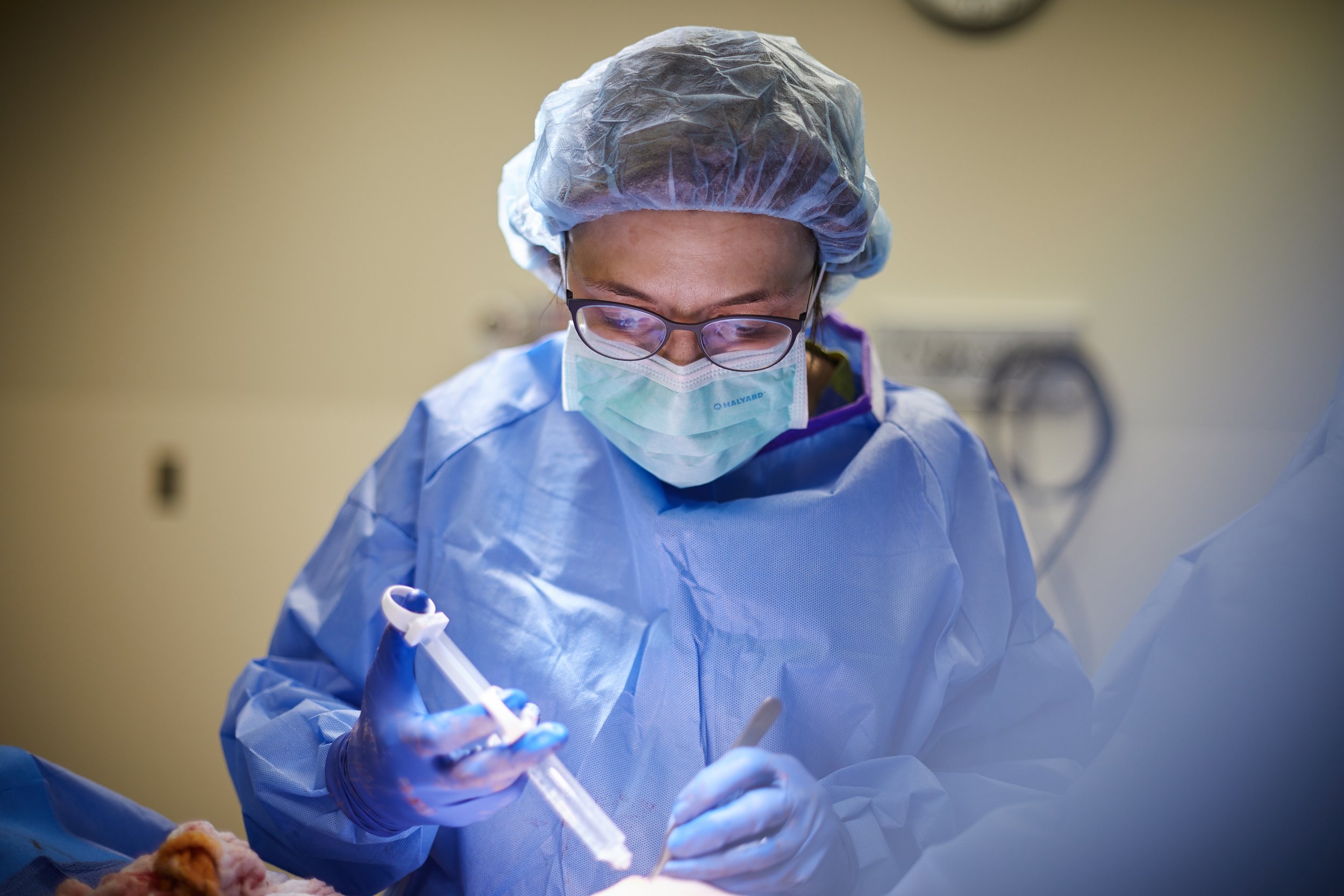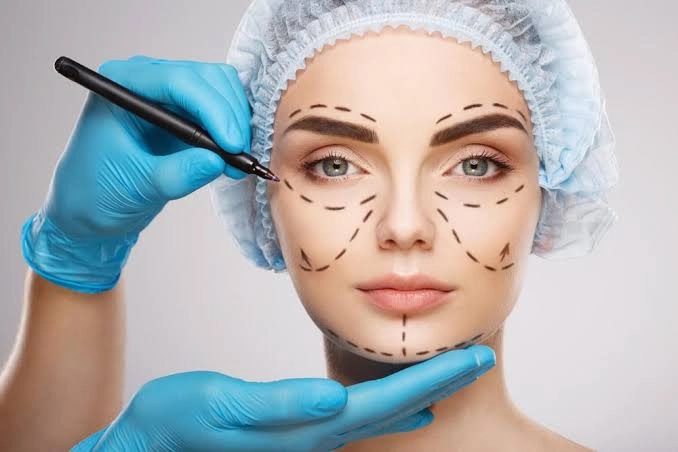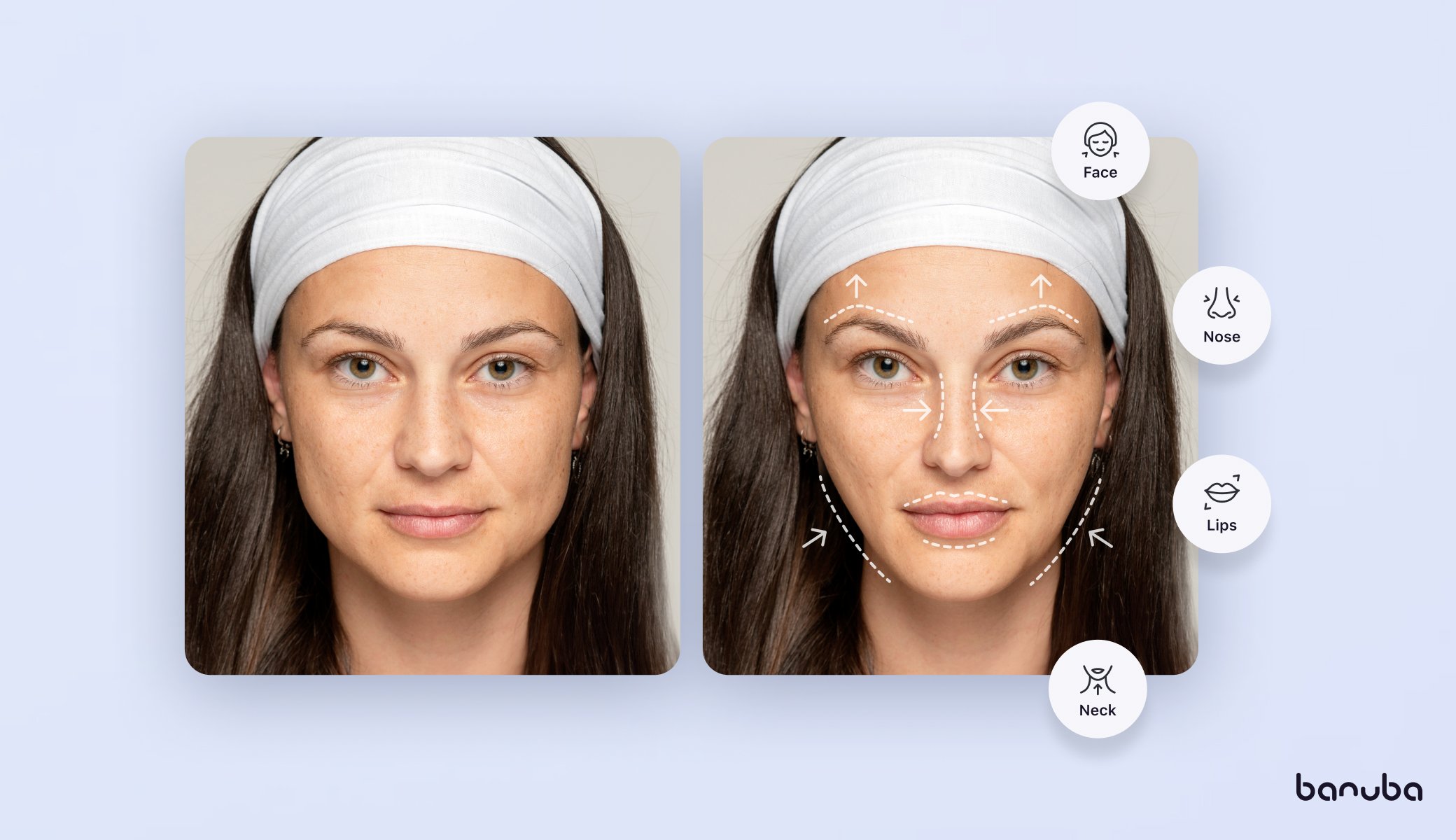Exploring the Emotional and Social Factors That Drive Individuals to Think About Plastic Surgery as a way of Improvement
The choice to seek cosmetic surgical treatment typically prolongs past plain visual appeals, linking with mental and social dynamics that merit complete exam. Aspects such as self-worth, prevalent social beauty standards, and the pervasive influence of social media assemble to shape specific motivations for medical enhancement.
The Role of Self-worth
Self-confidence significantly influences an individual's decision to go after cosmetic surgery. People with low self-worth frequently regard themselves in an unfavorable light, bring about feelings of insufficiency concerning their physical look. This unfavorable self-perception can drive them to look for surgical treatments as a method of boosting their self-image. The desire for improvement in one's appearance is often linked to an idea that such changes will boost their total self-regard and confidence.

Eventually, the function of self-confidence in the decision-making process relating to plastic surgery highlights the complicated interaction in between body photo, personal satisfaction, and mental health and wellness. Comprehending this partnership is vital for health care professionals to make sure that people are making informed decisions rooted in practical expectations and emotional health.
Social Beauty Requirements
Influenced by pervasive media portrayals and cultural stories, societal beauty criteria play an important duty fit individuals' perceptions of their own bodies. These requirements are frequently defined by an idealized kind of beauty that emphasizes attributes such as proportion, slimness, and youthful vigor. As these suitables are perpetuated via various channels, including movie, television, and advertising and marketing, individuals frequently internalize these messages, resulting in dissatisfaction with their all-natural look.
The implications of these societal norms prolong past visual choices; they can affect self-esteem, mental health and wellness, and interpersonal partnerships. Individuals that regard themselves as falling brief of these standards may experience sensations of inadequacy, prompting a wish for plastic surgery as a way of achieving social approval. This pursuit is commonly fueled by the idea that adapting to these ideals will improve not just physical look however additionally social standing and individual fulfillment.

Influence of Social Media
The influence of social beauty requirements is more intensified by the rise of social networks systems, where curated photos and idealized representations of beauty are common. Users are continuously revealed to filtered and modified pictures, which frequently illustrate unattainable physical features. This direct exposure cultivates a culture of comparison, leading individuals to evaluate their very own look versus these usually unrealistic benchmarks.
Social media influencers and stars often advertise aesthetic treatments, normalizing the concept that medical improvements are a sensible methods for accomplishing societal perfects (plastic surgery rancho cucamonga). The visibility of these improvements can develop a perception that undergoing plastic surgery is a typical technique, therefore affecting people to take into consideration comparable treatments as a path to enhanced self-confidence and social acceptance
Additionally, the interactive nature of social media sites permits immediate comments with likes and comments, even more strengthening the wish to satisfy popular charm requirements. Such communications can worsen sensations of insufficiency and drive individuals toward plastic surgery as a way of gaining validation. Eventually, social networks plays an essential duty fit assumptions of elegance, which substantially influences the decision-making procedures bordering plastic surgery.

Cultural Perspectives on Appearance
Across numerous cultures, perceptions of look are deeply rooted in historical, social, and economic contexts, forming people' sights on appeal and charm. In many societies, look works as a substantial marker of identity, affecting social condition, professional chances, and individual partnerships. For instance, in some cultures, light skin is usually connected with wealth and advantage, while others may idealize darker skin tones as signs of toughness and credibility.
Moreover, conventional appeal criteria are often perpetuated with cultural narratives, media depictions, and household affects, bring about differing ideals across different regions (plastic surgery rancho cucamonga). In Western cultures, the emphasis on youth and physical conditioning frequently drives individuals toward aesthetic improvement, while in particular Eastern societies, more subtle adjustments aligned with traditional aesthetic appeals might be preferred
Globalization and the proliferation of digital media have actually further made complex these dynamics, creating a hybridization of beauty ideals that goes beyond geographical borders. As individuals progressively browse these social narratives, the pressure to satisfy specific look requirements can cause the desire for plastic surgery, go to this site reflecting a complex interplay of individual goals and social worths. Understanding these social point of views is important in addressing the inspirations behind cosmetic surgical treatment considerations.
Psychological Effects of Cosmetic Surgical Procedure
Several individuals seeking plastic surgery report experiencing profound mental influences that can significantly change their self-perception and psychological well-being - plastic surgery rancho cucamonga. The Bonuses desire for physical enhancement usually stems from underlying problems such as low self-worth, body dysmorphic problem, or societal pressures concerning appeal requirements. For some, the instant post-operative stage can bring about a short-lived increase in positive self-image and satisfaction with their look, fostering a sense of empowerment
However, these positive sensations might not be withstanding. Research study suggests that while some individuals experience enhanced self-confidence, others may deal with increased anxiety or depression if their assumptions are not satisfied. This inconsistency can emerge from impractical perfects bolstered by media depiction and social narratives surrounding elegance.
Furthermore, the emotional implications of plastic surgery prolong beyond the individual. Relationships with friends and family might be strained as social characteristics change, causing feelings of seclusion or alienation. Eventually, the mental impacts of cosmetic surgical procedure are multifaceted and intricate, needing mindful consideration by both possible clients and healthcare providers to make certain educated decision-making and realistic assumptions.
Conclusion
In verdict, the decision to pursue plastic surgery is significantly influenced by a mix of self-esteem problems, social charm criteria, and cultural point of views on look. The pervasive reach of social media sites even more aggravates these pressures, promoting impractical suitables that people frequently make every effort to achieve. Recognizing these mental and social variables is important for addressing the motivations behind plastic surgery, highlighting the demand for a more nuanced discussion surrounding appeal and self-acceptance in contemporary culture.
The decision to seek cosmetic surgical treatment frequently expands beyond simple aesthetic appeals, intertwining with mental and social characteristics that merit complete exam. Inevitably, social media plays a crucial function in forming understandings of beauty, which dramatically affects the decision-making procedures surrounding cosmetic surgical treatment.
As people significantly navigate these social stories, the pressure to adhere to specific appearance criteria can lead to the need Website for cosmetic surgical procedure, showing a complex interplay of individual ambitions and social values.In conclusion, the choice to seek cosmetic surgery is dramatically influenced by a combination of self-esteem issues, societal charm standards, and cultural point of views on look. Comprehending these mental and social aspects is crucial for resolving the motivations behind cosmetic surgery, highlighting the demand for a much more nuanced discussion bordering charm and self-acceptance in contemporary culture.